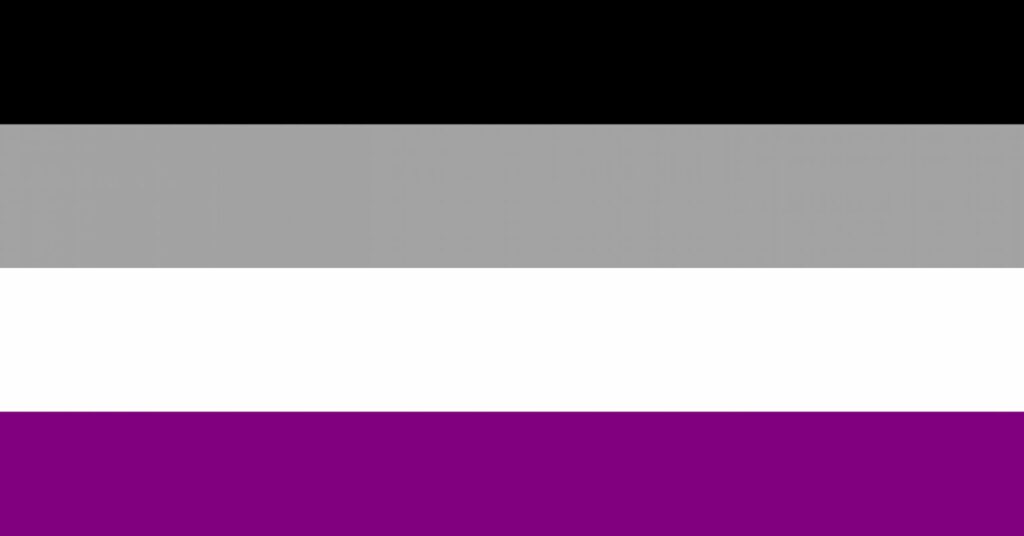Asexuality is a sexual orientation where someone does not experience sexual attraction, but it’s also more than that. Asexual people do have the same emotional needs as anyone else and may feel romantically attracted to others. In this post, we will explore what asexuality means for those who identify with it, how common it is in society, and what you can do if you think you might be asexual.
Contents
What Is Asexual?
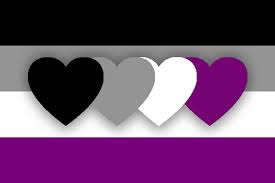
Asexuality is a sexual orientation where someone does not experience sexual attraction to anyone.
This means that they do not feel the need or desire to have sex. Asexual people may still have romantic feelings for others, but those relationships are not based on sex.
Asexuality is nothing to be afraid of or embarrassed about. It is not a disorder that needs to be treated. Asexual people should still feel comfortable with their bodies and sexuality. It is just another way of being human.
Basics
How Do You Know If You Are Asexual
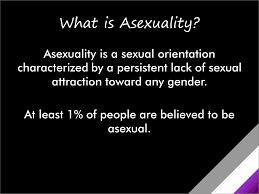
The best way to figure out if you are asexual is to ask yourself some questions.
- Do I experience any sexual attraction to anyone?
- Is my orientation is different from the norm?
- Am I born this way?
If you answer yes to these questions, then it is likely that you are asexual.
Signs of Asexuality
There are a few signs that may indicate someone is asexual.
- A person who is asexual may not feel any sexual attraction to anyone, regardless of gender.
- They may also feel like their orientation is different from the norm.
- They may also have a low sex drive or no interest in sex at all.
- Finally, a person who is asexual may have always felt this way and not realized it until now.
Types of Asexuality
There are three types of asexuality: romantic, aromantic, and biromantic.
Aromantic
Aromantic people do not feel any romantic attraction to others, but they may still have sexual feelings.
Romantic
Romantic people are attracted romantically to others, but they do not experience sexual desire.
Biromantic
Biromantic asexuals are also sexually attracted only in some circumstances, such as after forming an emotional bond with someone first.
They can be either heteroromantic, homoromantic, or panromantic.
A Few More Types Of Asexuality
There are a few different types within the asexual community.
Demisexuals
These people only feel sexual attraction after they have formed an emotional bond with someone. People who say that they are demisexual experience sexual attraction only after developing an emotional bond with someone.
Gray-asexuals
People who identify as gray-asexuals mean that their sexuality falls somewhere in between being sexual and being asexual. They may have sexual attraction very rarely, only when they feel close to someone or if the situation is ideal for them.
How Common Is Asexuality

Asexuality is not caused by any specific thing, and it is not a mental disorder. A study from the National Survey of Family Growth estimates that about one percent of people in the United States are asexual. Asexuality is estimated to be about as common as heterosexuality, homosexuality, or bisexuality.
What Causes Asexuality
There is no one answer for what causes asexuality. It could be due to biology, environment, or psychology. Some people may become asexual after experiencing a traumatic event such as sexual assault. Others may just not be interested in sex and that is why they identify as asexual.
Misconceptions About Asexuality
There are a few misconceptions about asexuality, such as that it is the same thing as celibacy. A person who identifies as celibate does not have sex for religious reasons or because they want to remain pure until marriage. Asexuals do not choose to be this way and may still feel sexual desire without actually acting on it.
Should You Be OK With Asexuality?
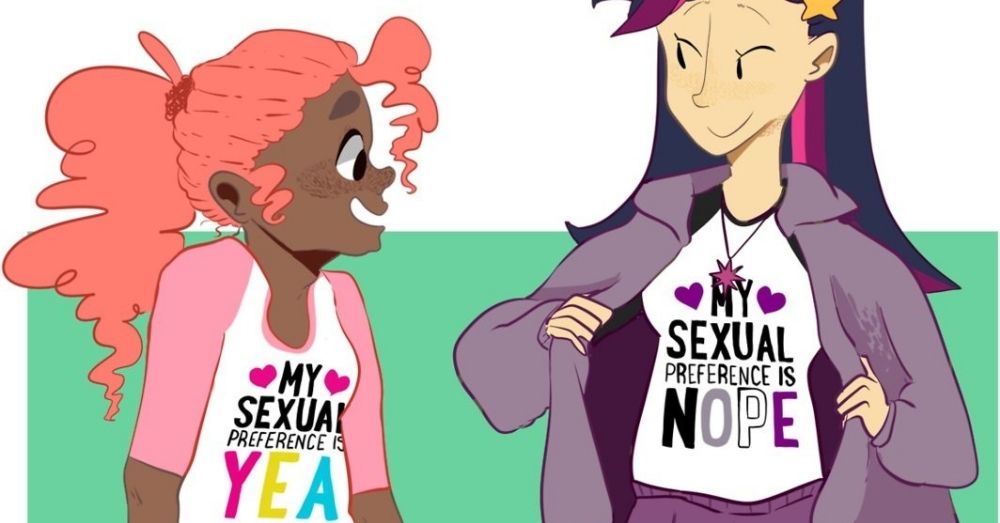
Anyone needs to be comfortable with their own identities. Asexuality should not make you upset or angry, it just means that someone does not experience sexual attraction in the same way as others do.
It is great that there are so many types of sexuality out there, and everyone has their preferences. If you do not understand someone’s orientation, ask them! They will likely be happy to talk about it with you.
In addition, everyone should be open to accepting people with different sexualities. To begin with, teens need to learn about asexuality to break down the barriers of communication and acceptance.
Educating Teens About Asexuality
Educating teens about asexuality can help them understand their sexuality and feel more comfortable with who they are. Also, teaching asexual awareness in schools can help teens better understand themselves and the people around them. By making this topic part of the curriculum, teens can begin to accept themselves and others for who they are.
Talking To A Professional
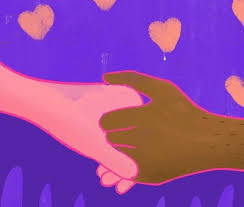
If you feel like you might be asexual or if someone else is pressuring you about your sexuality, you should talk to a professional such as your doctor or school counselor.
If you have questions about asexuality, or if you are struggling with your sexuality, it may be helpful to talk to a professional. Some therapists specialize in helping people with their sexuality.
In addition, if you are asexual and your family is not understanding it, there are support groups for people with different orientations.
If you are a teen and you think you may be asexual, it is important to talk to a professional about your feelings. There is no shame in seeking help and support. You are not alone.
Conclusion
Asexuality is a sexual orientation where someone does not experience sexual attraction. Asexual people may still have romantic feelings for others, but those relationships are not based on sex.
It should be viewed as any other sexuality because everyone deserves to feel comfortable in their skin. It may take some time for someone who identifies as asexual to accept themselves, but it will be worth it.
Life may sometimes be challenging for people, especially from the LGBTQ community, but our Online LGBTQ Counseling can help. Connect with experienced LGBTQ therapists at MantraCare: Book a trial LGBTQ therapy session.
